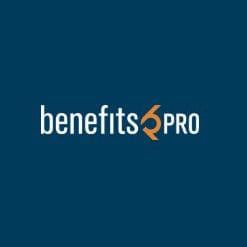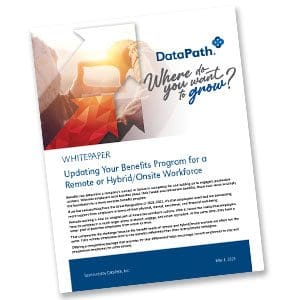Open Enrollment Tips for TPAs
It’s open enrollment time. That means third-party administrators (TPAs) are working with clients to set up plans for the new year. We’ve compiled some tips and reminders for benefits administrators to help them through this stressful season. Tip #1: Know Your Audience Each employer group will be different, so tailor your presentation accordingly. Occupation, geographic location, and generational cohort may affect employees’ wants and needs. For example, Millennials, Gen Xers, and Baby Boomers may each










